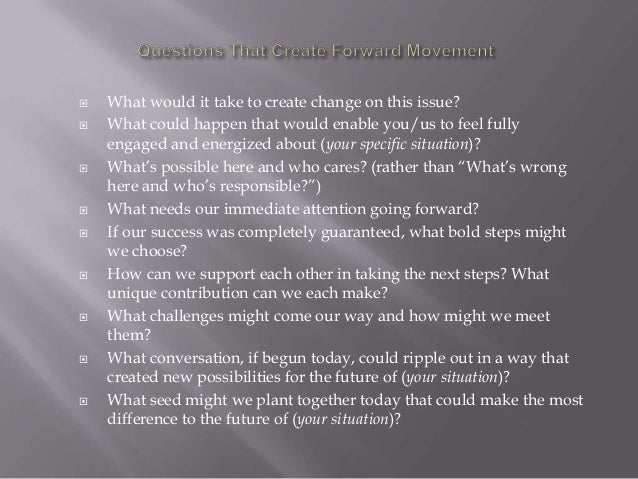 Photo Credit: Quotefancy
Photo Credit: Quotefancy
“Be curious, not judgmental”. This brilliant and pithy statement is attributed to the American poet Walt Whitman. I’d never heard it before today, and yet it speaks volumes to any human relationship – whether personal or professional.
There comes a time in knowing people that we think we have them figured out. Or we know enough…for better or worse. We stop asking questions. Whether in marriage or in the workplace. We think we know all we need to know about a person… ironically, just when we are feeling the less fond of them. When conflict bubbles up. When a critical decision is being made. When a door closes in our face…or on our way out.
This is humorously and poignantly illustrated in a scene from the TV show Ted Lasso. [Full disclosure: I have never seen the show itself. Also my understanding is the language is fairly unfiltered, so this isn’t exactly a recommendation…but this scene is perfect.]
Be Curious, Not Judgmental: A Leadership Lesson From Ted Lasso – Connie Whittaker Dunlop – super helpful article using the video above to introduce a great leadership lesson.
“Be Curious, Not Judgmental” – Something Walt Whitman Used to Say – Steve M. Nash – read this! You’ll be glad you did.
“Questions are the main ingredient in curiosity. And curiosity is itself an important component of the communication patterns that generate psychological safety, quality in interpersonal relations, and collective intelligence. In other words: all the different elements that impact on the quality of our collaboration, decisions, and actions, and which ultimately become a determining factor for the results and value we create for our customers and the wider world.
We can ask questions in many different ways, and all are not equally constructive. For example, there is a great difference between a leader asking his employees: Why didn’t you do something about the problem? and asking: What do you see as possible solutions to the problem we are facing? The first question reflects the leader’s view that the employees ought to have responded and taken responsibility earlier. It creates a focus on blame. The second question expresses the view that there is a problem that everyone involved needs to address and come to a solution together. It invites employees to commit and involve themselves in finding solutions in a forward-looking movement. Being aware of our way of asking questions has a big impact on the way we relate to each other – and also on our ability to contribute, do, and achieve things together. As such, good questions can’t really be put in a template. The quality and effect of the questions always depend on the context they are asked in.” – Henry Kleive, Thomas Johansen and Thomas Specht, “Leadership for Sustainability Powered by Questions”
What if we went into conversations or meetings with an open mind and questions aimed at honoring and understanding the person across the table? What if we wanted to reconcile our relationship as much as we wanted to prove ourselves right about the project, or problem, or predicament?
Learning to ask powerful questions and being willing to use them can make a huge difference in our relationships. Asking questions well can demonstrate care for that person. Sometimes questions actually help both the one who asks and the one who answers with what they really think about a situation…questions draw us out…often in positive and fruitful ways.
 Photo Credit: Slideshare, Mark Gillow, The Art of Powerful Questions
Photo Credit: Slideshare, Mark Gillow, The Art of Powerful Questions
So whether or not we think we’re right about a person – their motives, intentions, abilities, or intellect – we won’t do justice to the relationship if we stop asking questions.
Get to know him or her again…use the questions offered in the resources above and below. Find common ground, through good questions. See if you can turn the (relation)ship around…not just for the sake of the team, organization, or family…but because of the benefit to each of you.
“Lead From Within: A leader is as good as their questions. When you ask questions, you will change what you know. When you change what you know, you will have a new understanding. When you have a new understanding, you change your actions—and, ultimately, your leadership.” – Lolly Daskal
The Art of Powerful Questions – Slideshare – Mark Gillow (concise slideshare on book above)
The Art of Powerful Questions – Slideshare – Peter Bricknell (refers to the interviewing style from Mahan Khalsa’s book ‘Let’s Get Real or Let’s Not Play‘
“Leading With Questions” – Michael Marquardt – Notes by Dave Kraft

